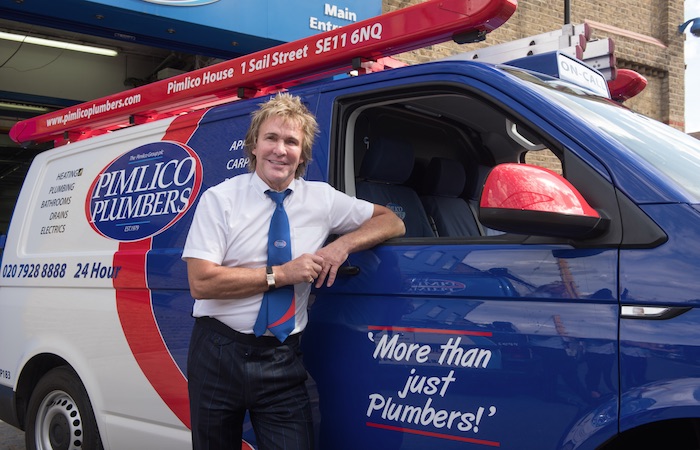
Pimlico Plumbers has been granted the right to appeal a Court of Appeal decision which ruled that former plumber Gary Smith worked for the organisation as a worker rather than as a self-employed contractor, entitling him to employment rights such as access to reasonable adjustments and holiday pay.
The case, Pimlico Plumbers and Charlie Mullins v Gary Smith, is now due to be heard by the Supreme Court to review the Court of Appeal’s ruling. Smith originally brought the case to the Employment Tribunal (ET) in 2012, where he argued that he was wrongfully dismissed by Pimlico Plumbers in May 2011 after he suffered a heart attack in January 2011. He had worked for the organisation for six years from August 2005.
The ET ruled that Smith was a worker rather than a self-employed contractor due to the measures laid out in an employment agreement between Smith and Pimlico Plumbers. The employment agreement was first issued in 2005 and then updated in 2009.
Despite Smith having some degree of flexibility over the hours he worked and being treated as self-employed for tax and VAT purposes, the 2005 and 2009 employment agreements required Smith to wear a uniform and drive a hired van carrying Pimlico Plumbers’ logo and work a five-day working week consisting of a minimum of 40 hours. Smith would also have to liaise with Pimlico Plumbers regarding any annual leave or time off.
Pimlico Plumbers appealed the ET’s ruling, and Smith cross-appealed to the Employment Appeal Tribunal (EAT). Both were dismissed.
The case was then taken to the Court of Appeal, which upheld the ET’s decision in February 2017. It found that Smith was a worker because he provided work personally for Pimlico Plumbers, was obliged to work a set number of hours on agreed days, and that there was a high degree of restriction on Smith’s ability to work in a competitive situation, suggesting that he was not in business on his own account.
Pimlico Plumbers has now been granted permission to appeal the Court of Appeal’s judgement to bring the case to the Supreme Court for review. The organisation does not expect a verdict to be issued until the end of 2018.
Charlie Mullins, chief executive officer at Pimlico Plumbers, said: “It’s wonderful that we have been granted permission to appeal our long-running and potentially ground-breaking employment case to the Supreme Court. I have always maintained that Mr Smith was a self-employed contractor, and to my mind the evidence overwhelmingly supports our position.
“Let me be crystal clear, I completely condemn disreputable [organisations] who are using fake self-employment to swindle workers out of pay and conditions, however, at Pimlico Plumbers we are not doing that. It is my determined aim to convince the Supreme Court that by using self-employment status, Pimlico Plumbers is doing nothing wrong, and what’s more is both morally and legally in the right.
“The ramifications of this case will impact upon many thousands of [organisations] in the building industry and beyond and potentially affect the lives of hundreds of thousands, if not millions, of UK workers. I am needless to say incredibly grateful that the Supreme Court has agreed to look again at the case.”
Rachel Farr, senior lawyer, employment, pensions and mobility group at Taylor Wessing, said: “The Supreme Court’s judgement will be as important to mainstream businesses, many of whom use self-employed contractors, as to gig economy platforms. We have not yet heard how or if the government intends to implement the findings of the Taylor Review, but the Supreme Court’s decision will also be applied by UK courts in other cases.”